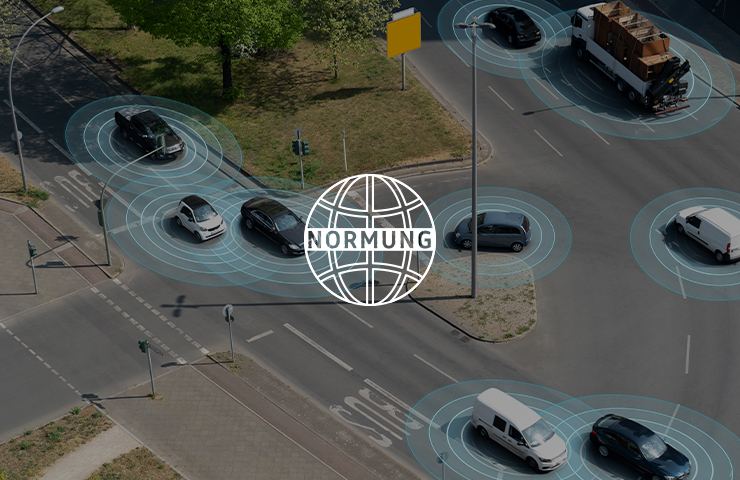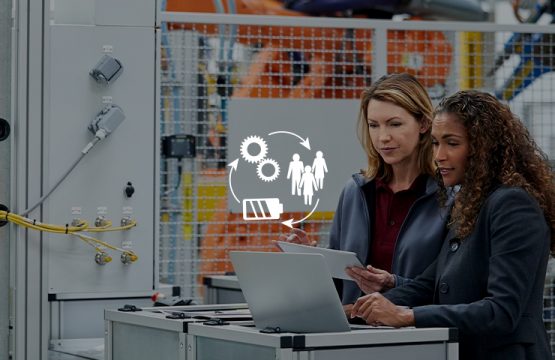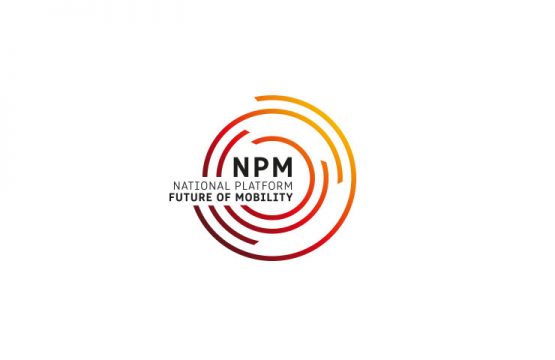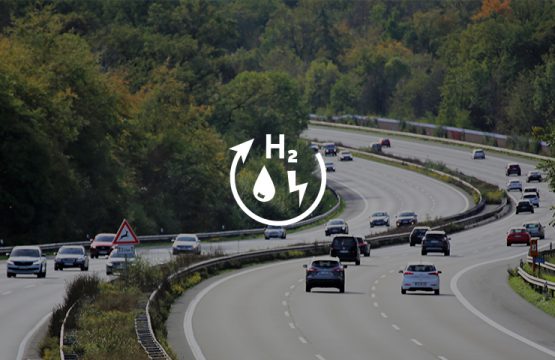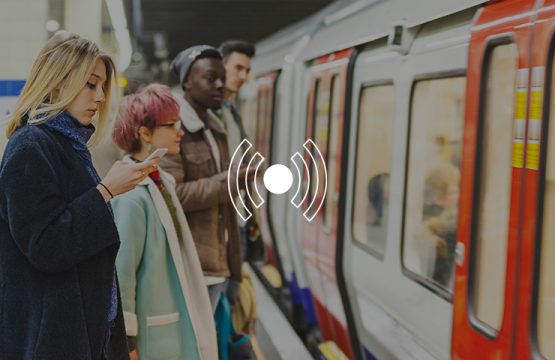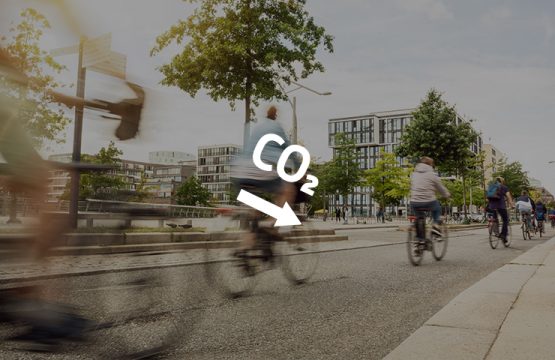The mobility system is undergoing a comprehensive transformation process that will continue for a long time. In order to implement the transformation successfully and, in particular, in a way that is suitable for the market, internationally coordinated standards and norms are of crucial importance. A forward-looking mobility system based on standards and norms saves CO2, opens up the possibility of redesigning living spaces in cities and rural areas, enables new business models in the mobility sector and offers more intelligent and demand-oriented traffic control.
With this Standards and Norms for Future Mobility Compendium, NPM Working Group 6 presents a comprehensive and strategically oriented report that looks at various key issues concerning the future of mobility in order to derive recommendations for action in standardization work.
Standardization is a core element for the development of the mobility system of the future and essential for the successful transformation of the mobility system. Proactive development and implementation of standardization activities at international, European and national level is necessary to ensure that new technologies and applications are ready for the market. Standards and norms are key to innovations in the mobility sector. They offer producers orientation and help in the implementation of new technologies. Users benefit from functioning interfaces across manufacturers through improved convenience, which in turn leads to greater acceptance of new technologies. In order to make these processes successful, a high level of commitment from stakeholders in industry, science and politics is still necessary.
This compendium is based on the topics “Sustainable mobility,” “Intelligent load management,” “Automated and connected driving,” “Data and networking – standards and norms for intermodal mobility,” and “Artificial intelligence and mobility.”
Standards and norms for sustainable mobility
The Sustainable Mobility Roadmap uses numerous examples and recommendations to demonstrate the major contribution that standards and norms can make to creating a sustainable transport system. In particular, they offer added value by making sustainability measures assessable, comparable and traceable.
Standards and norms Intelligent load management
In the area of electromobility, the Intelligent Load Management roadmap shows that the power grid is facing major, but also solvable challenges due to the increasing charging processes. In the future, the primarily punctual loads on the power grid must be balanced in such a way that the power grid can withstand them in a stable manner. This requires that the charging infrastructure can communicate with the vehicles and the power grid in all directions and be intelligently controlled.
Standards and norms Automated and connected driving
As automated and connected driving continues to evolve, so will the complexity of the product, interoperability requirements and infrastructure. This is also associated with the redesign of type approval and certification processes in the vehicle sector.
Standards and norms Data and networking
The report Data and Networking – Standards and Norms for Intermodal Mobility shows that there is great potential in intermodality, i.e., the combined use of different modes of transport on a travel route, to make the mobility system both more sustainable and more customer- and demand-oriented. Common standards and norms are needed for the services of cross-modal information, booking and billing of mobility services.
Standards and norms Artificial intelligence
With the Artificial Intelligence Standardization Roadmap, DIN and DKE, in a joint project with the German Federal Ministry for Economic Affairs and Energy (BMWi), have developed an initial comprehensive analysis of the existing situation and the need for international standards and norms for this key technology. This explicitly considers in detail not only the technical, but also the ethical and social aspects of standards in AI. The development of this standardization roadmap was accompanied and supported in the field of mobility by experts from NPM WG 6.
The compendium is available for download at www.plattform-zukunft-mobilitaet.de/berichte/.
About NPM – National Platform Future of Mobility
The National Platform Future of Mobility brings together experts from politics, the private sector, associations, research institutions and NGOs to develop concepts for sustainable, environmentally and climate-friendly, affordable and competitive mobility in Germany. Chaired by Prof. Dr. Henning Kagermann, six working groups develop technology-neutral, cross-modal recommendations for action for policymakers, industry and society.
Contact:
Alexandra Huß
Communications Officer
Office of the Chairman of the National Platform for the Future of Mobility
huss@acatech.de
+49 (0)30 / 206 30 96 86
+49 (0)160 / 714 93 25
